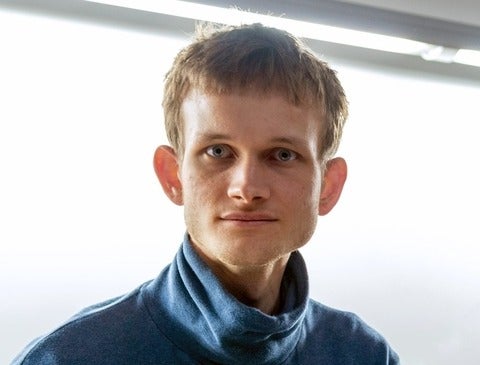Lila Kari and M. Tamer Özsu lend CS expertise to BIOSCAN, a global multidisciplinary biodiversity project
The biosphere, the zone in which life on Earth is found, contains an estimated 10 million multicellular species. But perhaps the most surprising fact about life on Earth is how little we know about its diversity. Only 2 million species are known to science — organisms that have been studied in sufficient detail to at least be described, classified and given a scientific name. With at least another 8 million species yet to be discovered, cataloguing the diversity of life is in many ways a moonshot — a vast endeavour that succeeds by bringing together specialists across many disciplines.


